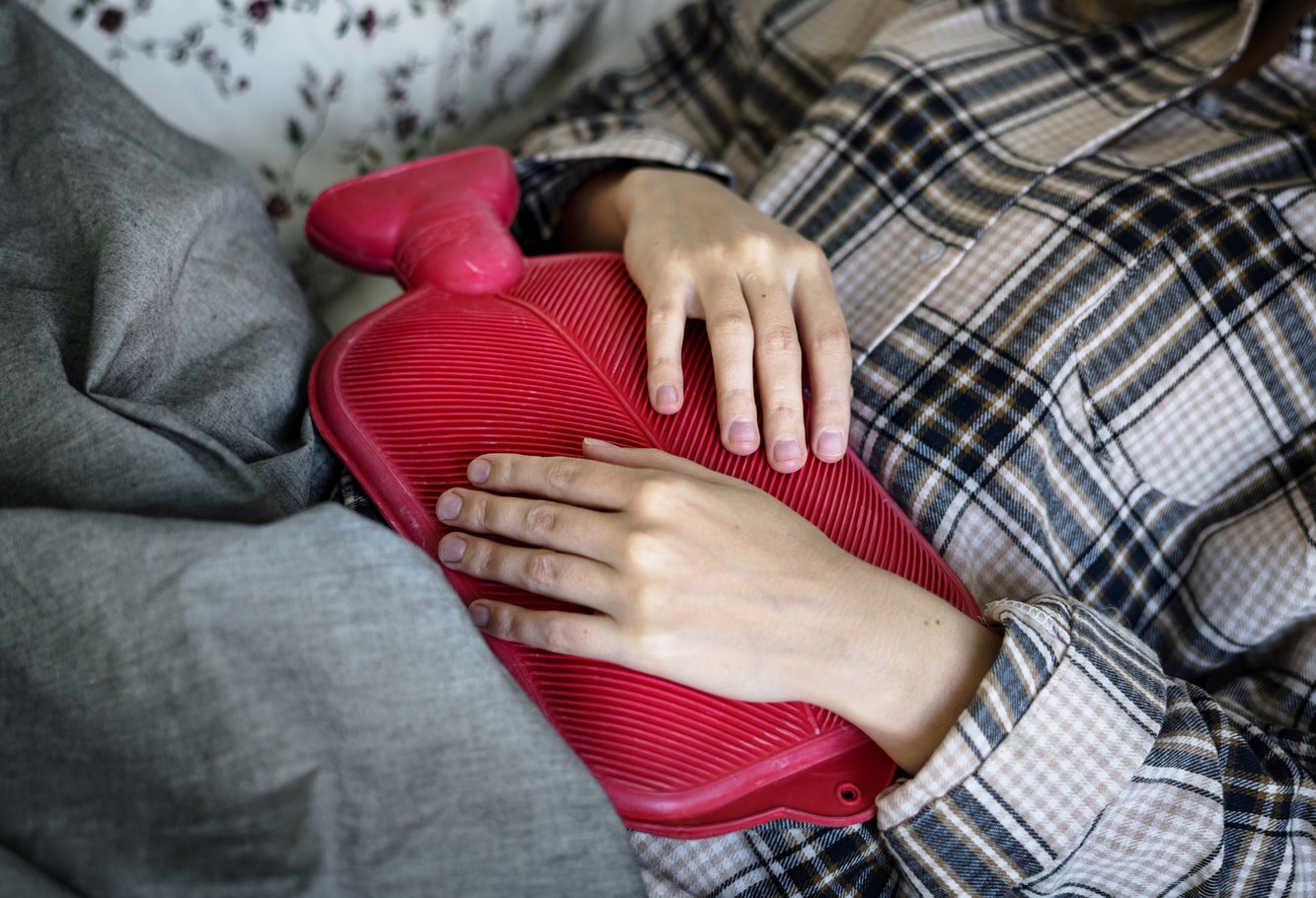
Body + Mind is reader-supported. We may earn an affiliate commission when you buy through some of the links on our site.
Few women relish the experience of changing into a paper nightgown, placing their feet in stirrups and having a stranger investigate their nether regions. Nevertheless, getting a Pap smear is an essential part of annual health screenings for women. Some women experience more severe side effects than others, such as mild to moderate bleeding. Others feel dizzy, or even develop nausea after Pap smear procedures.
Here’s how to evaluate whether your nausea after Pap smear procedures is typical, or whether it represents a need to call your OB/GYN.
Your cervix contains a ton of nerve endings, so some discomfort when undergoing a Pap smear is perfectly normal. And that goes beyond the unsettling feeling of exposing your most personal regions to relative strangers.
Furthermore, the vagus nerve, the longest of 12 cranial nerves, runs from the base of your skull all the way down to your pelvic area. This nerve is responsible for sending impulses to the gut. When you feel as if you’re about to pass out, the queasiness you feel is due to the action of the vagus.
When you get a Pap smear, the doctor takes a little swab of cells from your cervix. Pro tip: If this causes discomfort, count the ceiling tiles, hum a favorite tune or both to relax you. Since the doctor is scraping a sensitive organ, this action sends messages up the vagus nerve to the brain.
Considering the action of the vagus nerve, nausea after Pap smear procedures is completely reasonable. It isn’t necessarily common, but nor is it rare. If the symptom proves disconcerting, you can speak with your OB/GYN, but you shouldn’t feel overly concerned.
What symptoms do warrant a phone call? If you experience unusual bleeding following a Pap smear, talk to your physician, especially if it continues more than a few hours after your appointment. Definitely contact your doctor if bleeding continues for more than one day, unless you’re starting your normal menstrual cycle.
Rarely, women experience pain following a Pap smear. If you experience abdominal discomfort, try eating a probiotic-rich diet, including fermented foods, before your exam. Some women find relief from procedures like acupuncture as well, although many do well with an over-the-counter pain reliever.
If you do experience nausea after a Pap smear, what can you do to treat it naturally? One remedy to try is homemade ginger tea. While many commercial ales contain no real ginger at all, this tasty tea helps settle upset stomachs quickly.
Eating a banana also can quiet an upset stomach rapidly. Bananas contain high levels of potassium, which helps smooth muscle tissue function. Bananas also contain fiber to keep your digestive tract flowing regularly.
Finally, adding a few drops of specific essential oils to a diffuser can help alleviate nausea. Try a few drops of spearmint or lavender essential oil to quiet your tumultuous tummy. You also can suspend a few drops in a carrier oil, such as coconut oil, and dab a bit under your nose for discreet aromatherapy.
Many women who experience nausea after Pap smears do so as a result of psychological factors as much as physiological ones. Feeling nervous before a gynecologist’s appointment is typical. However, it can make any side effects from procedures seem more severe than they are.
Prior to your appointment, do your homework first. Go online and research what you can expect if you’re having a pelvic exam for the first time, or if several years have passed since your last visit. Set out your clothing the night before, and wear your most comfortable duds.
Strive to get an appointment first thing in the morning, if possible. It’s easier to keep your courage if you lack time to mull over your fears, and you run less risk of ending in the waiting room for a long time due to a backlog of other patients. If it helps you to have support, take a friend or family member with you.
Write down your concerns before your appointment, so you don’t forget what you hope to discuss. If you routinely suffer adverse effects after Pap smears, ask your OB/GYN for recommendations. They may prescribe a short-acting dose of anti-nausea or anti-anxiety medication. Sip some chamomile tea to calm your nerves before getting in the stirrups.
Getting regular Pap smears is a critical component of female reproductive health. Pap smears protect your fertility, identify sexually transmitted diseases and detect cervical cancer early when doctors can treat the disease effectively.
Still, side effects such as nausea after Pap smears make many women hesitate to book their annual visit. Don’t allow fear to keep you from protecting your reproductive health. Your fertility and health depend on paying regular attention to matters down below.